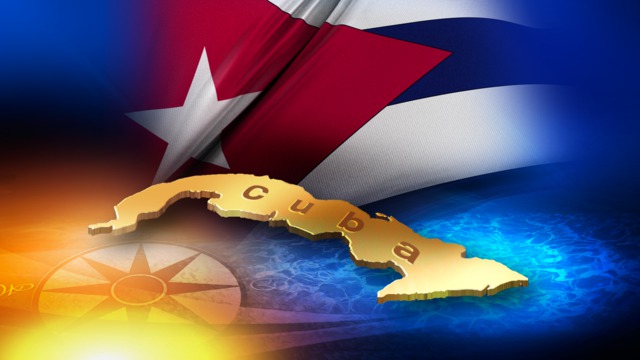
4 Miami-Cuban detainees are subject of U.S.-Cuba talks
Officials of the U.S. Interests Section met Thursday (May 8) in Havana with functionaries of the Interior Ministry to discuss the case of four South Florida Cubans arrested April 26 on charges of conspiracy to commit terrorism.
According to a brief note delivered to the foreign press by the U.S. diplomats, “the Cubans provided some information about the allegations, which we are reviewing.”
Cuba identified the men as José Ortega Amador, Obdulio Rodríguez González, Raibel Pacheco Santos and Félix Monzón Álvarez, saying that they were plotting “to attack military installations with the objective of promoting violent action.” It did not release any personal data about them or pictures of them. It did not state where and how they were arrested.
The original announcement, made on May 6, gave no other details about their purported mission, other than it was organized in Miami by anti-Castro activists Santiago Álvarez Fernández Magriñá, Osvaldo Mitat and Manuel Alzugaray. The first two have denied Havana’s allegations; Alzugaray has made no public statement.
The Cuban government’s apparent reluctance to make public details about the detainees and/or their mission may be due to its experience in the case of the so-called Wasp Network in 1998. The network was formed by Cuban intelligence agents who collected information on terrorist activities against the island that were masterminded in South Florida.
In June of 1998, the Cuban government presented the Federal Bureau of Investigation with information about the plots against the island. The FBI responded three months later by arresting 10 of the agents who had collected the data in South Florida. Five of them were tried and sentenced to long prison terms; three of the five are still behind bars.
Mindful of the outcome of the Wasp Network case, Cuba’s State Security service may not want to disclose to the U.S. how it tracked down the four Miami Cubans it now holds, lest its own sources and investigative methods are exposed.

